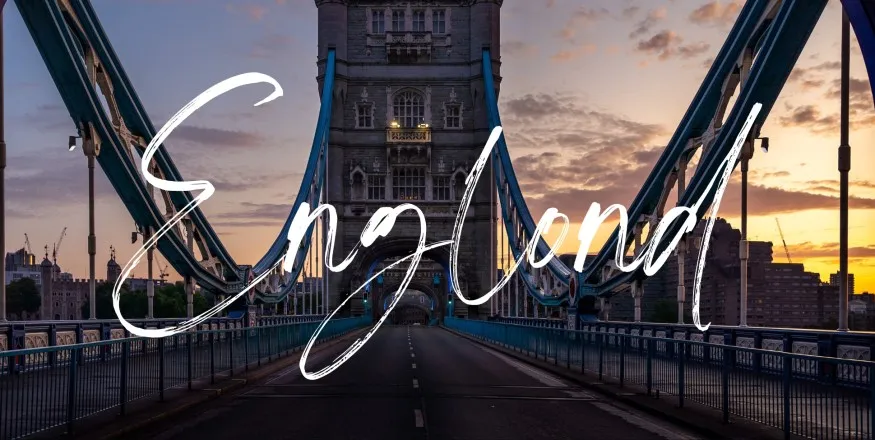Late into the night, the room is enveloped in silence, save for the soft ticking of the clock on the wall, echoing faintly in the background. Yet, despite the stillness around me, sleep evades me. My eyelids are heavy, but my mind is spinning like a whirlpool out of control, thoughts swirling endlessly, as if calm waters had suddenly been stirred by an unexpected wave. My thoughts are disorganised—work, life, the future—everything seems to weave in and out, entangling me until I can scarcely breathe.
Perhaps it’s the weight of stress. Lately, the burden on my shoulders feels like it’s growing heavier by the day. The trivialities of everyday life and the endless plans for the future are piling up, making the road ahead seem ever more uncertain. The more I think, the more lost I feel. Where am I headed? What is it that I truly desire? These questions, like shadows lurking in my mind, refuse to be dispelled, only deepening my sense of unease and anxiety.
There are moments when I close my eyes, and the past flashes vividly before me. Decisions made, choices once taken, now resurface one by one, prompting me to reflect: If I had chosen differently, would things be any different now? These reflections leave me tossing and turning throughout the night, and they cast a shadow of doubt over what lies ahead.
How should I continue on this journey of life? Every step feels like a cautious exploration, each move forward like searching for a faint glimmer of light in the darkness. I used to think that with age would come clarity, that answers would reveal themselves over time. But the truth, it seems, is quite the opposite. Instead, the questions grow more complex, and I find myself trapped in a web of my own thoughts.
As the night deepens, so does my weariness, yet my mind refuses to quieten. Anxiety, like an invisible force, tightens its grip, and the more I try to relax, the more tense I become. I don’t know how long this state will last, nor when, if ever, I’ll find the answers I seek. What I do know is that this sleeplessness stems not just from physical exhaustion, but from a deeper, more profound sense of unrest.
Perhaps, in this state of confusion, it’s time to reassess myself, to re-evaluate life itself. After all, behind every bout of anxiety and every sense of loss lies an opportunity for growth. Yet I can’t help but wonder: Will I ever find that elusive doorway to inner peace? Or is this seemingly endless bout of sleeplessness simply another dark night without the promise of dawn?
ns3.16.47.72da2





















